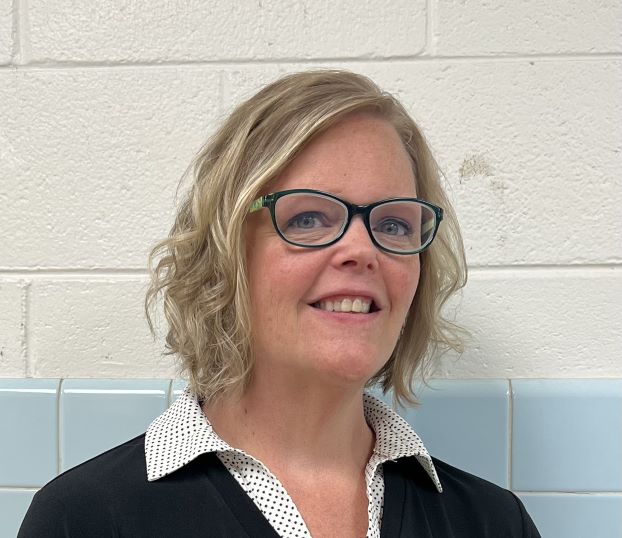4-H center asks county to help with lost revenue
Published 2:23 am Thursday, October 22, 2020

- A 4-H camper climbs a practice wall.
|
Getting your Trinity Audio player ready...
|
The Holiday Lake 4-H Education Center, a 501c (3) non-profit organization which serves youths and their families from across 19 localities including Lunenburg County, was hit hard by the coronavirus pandemic.
Now, Education Center President and CEO Preston Willson is asking counties to allocate $10,000 of CARES funding to help with losses incurred by the many programs the center has had to cancel this year, most notably the annual 4-H Camp.
Tuesday night, Oct. 13, Willson attended the Cumberland County Board of Supervisors meeting to answer questions from the board regarding COVID-19’s effect on the education center.
According to income/expense reports for July provided by Willson, the center’s total budget is $816,000, and of that amount $300,000 was budgeted for 4-H Camp income. With expenses for the camp estimated at $145,949, the cancellation meant an approximate net loss of $184,051 for camp operations.
He added aside from camp, 60 of the center’s 110 events scheduled for this year were canceled, with a net loss for those programs amounting to $147,000. That means a total loss of $331,051 for the fiscal year.
Willson told supervisors while the center received a PPP (Paycheck Protection Program) loan in the amount of $67,500 and the SBA/EIDL (Economic Injury Disaster Loan) of $150,000, it would not cover all losses.
As a result, the center is requesting emergency funding in the form of $10,000 allocated from CARES Act money in various localities.
Friday, Oct. 16, Willson told The Dispatch the education center’s non-4-H programs began to be canceled in March. After camp was canceled, staff developed a concept for a virtual “At Home 4-H Camp” to help provide activities that the entire family could take advantage of.
Willson said virtual camp was very successful but only served a very small percentage of total potential camp participants.
He added as it recovers from the pandemic the center is beginning to hold some of the programs canceled earlier in the year, including the Old Dominion K-9 Group, a Richmond-based sewing guild, the 4-H State Shoot, church group camping weekends and overnight accommodations for hunters who aim to hunt in the state forest.
Willson said letters were sent to participating counties at the beginning of June asking for CARES funding to support the center, and localities have approached dispersing the funds in various ways.
As of Friday, six counties have awarded the $10,000 to the education center from their CARES Act funds, including Amherst, Amelia, Brunswick, Buckingham, Charlotte and Cumberland.
“Several are pending, and eight have indicated they will not provide funding,” he added.
But it hasn’t just been the financial toll of the pandemic that has severely impacted the education center. The effect of camp cancellation on area children was saddening.
“From a personal perspective, it has been very disheartening to hear about young campers who have had their heart set on being here this year not being able to participate,” Willson said.
“Youth in Cumberland have learned leadership, citizenship and life skills because of
their participation in the 4-H camping program,” Linda Eanes, 4-H Extension Agent in Cumberland County said. “I have many stories that I could share of youth trying new things, growing in their ability to give speeches, growing in responsibility and teens stepping outside of their comfort zone to teach classes at camp, lead songs and mentor the youth that attend camp.”
On Friday Willson highlighted the education center is presently planning for next year’s 4-H Camp. If social distancing is still required at that time, however, it will dramatically reduce the number of campers in each camping cluster.
The future is one of many unknowns, but the hope is that the center can continue to put on events and raise funds to continue a nearly-80-year-long tradition of outdoor education for residents young and old.
“Our immediate goal is to provide programs that produce funding that will help us continue to teach youth, meet our budget and maintain our staff.”




